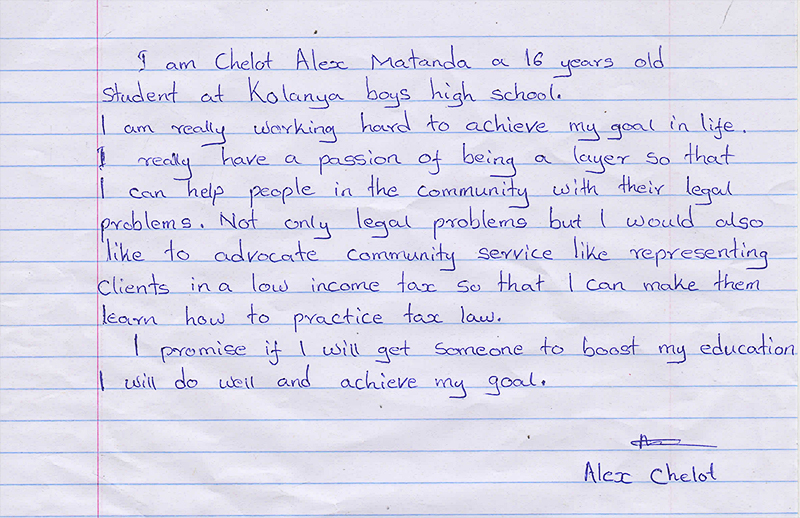
Every 40 Seconds Someone Loses Their Life to Suicide
October 10, 2019, is World Mental Health Day. It is a day to bring awareness to something that affects us on a global level. This year, the focus is on suicide prevention.
Over the last few decades, suicides have risen at an alarming and unimaginable rate. According to WHO, nearly 800,000 people die by suicide every year. Suicide is now the second leading cause of death in people ages 15-29 but affects all age groups in all countries.
World Mental Health Day is an opportunity to bring awareness of the scale of suicide around the world and the role that each of us can play to help prevent it. Above all, this day is an opportunity to show you care. Whether it’s a family member, friend, co-worker, or yourself, we all know someone that struggles with their mental health. While there are several contributing factors, It is crucial that we unite in our efforts to prevent, improve, and help with these issues. This is a global public health problem, and it should be treated as such.
Every 40 seconds someone loses their life to suicide. However, with the right resources, these suicides are preventable. Here are a few suggestions from WHO for the 40 seconds of action:
If you are struggling, take 40 seconds to kickstart a conversation with someone you trust about how you are feeling.
If you know someone who has lost a loved one to suicide, take 40 seconds to start a
conversation and ask them how they are doing.
If you work in media, highlight the 40-second statistic in interviews, articles and blog posts.
If you are an employer or manager, take 40 seconds to formulate a positive message of
support to your employees about resources available to them in the workplace or local
community in times of mental distress.
Please remember: if you or someone you know is struggling, you are never alone.
Suicide Prevention Advice – WAIT!
W – Watch out for signs of distress and changes in behavior
A – Ask, “are you having suicidal thoughts?”
I – It will pass. Assure your loved one that, with help, their suicidal feelings will pass with time
T – Talk to others. Encourage your loved one to seek help from a healthcare professional
Listed below are just a few of the thousands of resources out there.
A Day for 40 Seconds of Action
Suicide Prevention Lifeline – US (800-273-8255)





